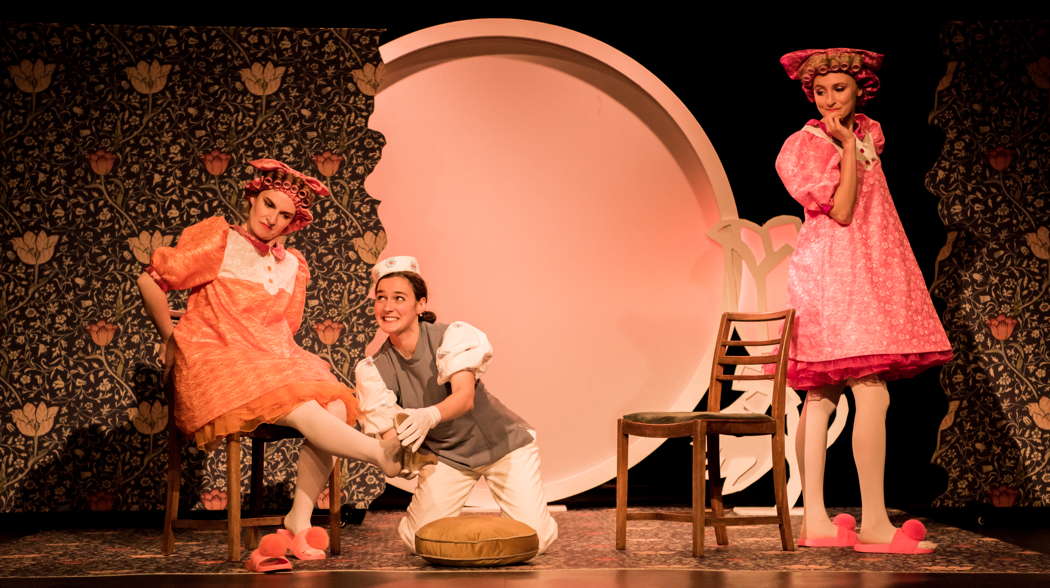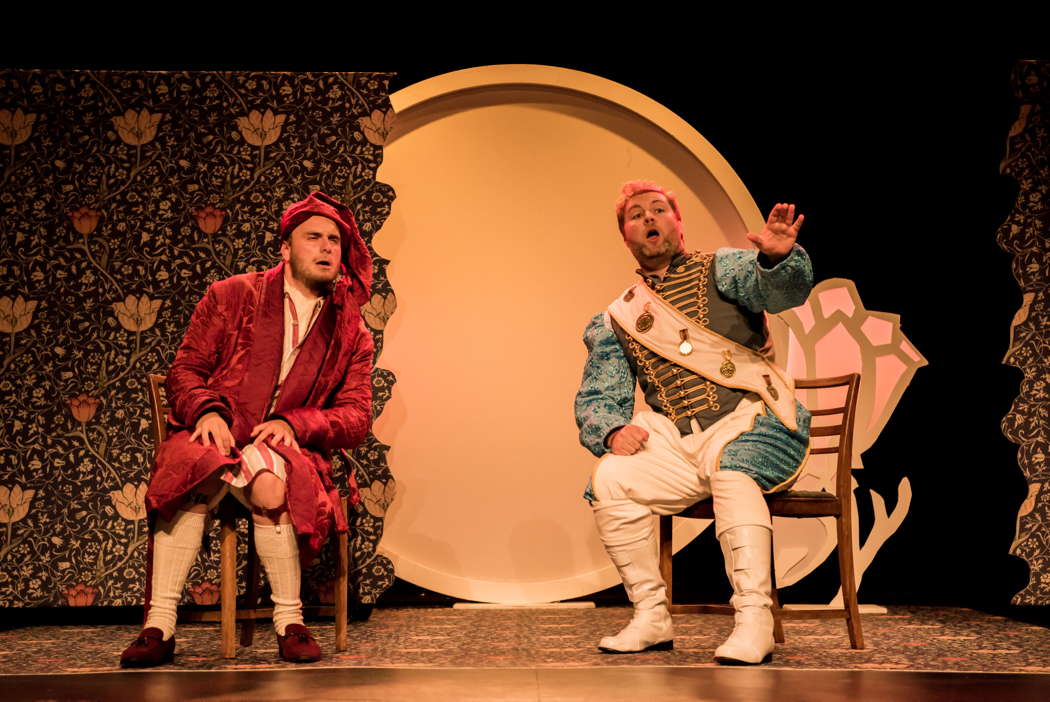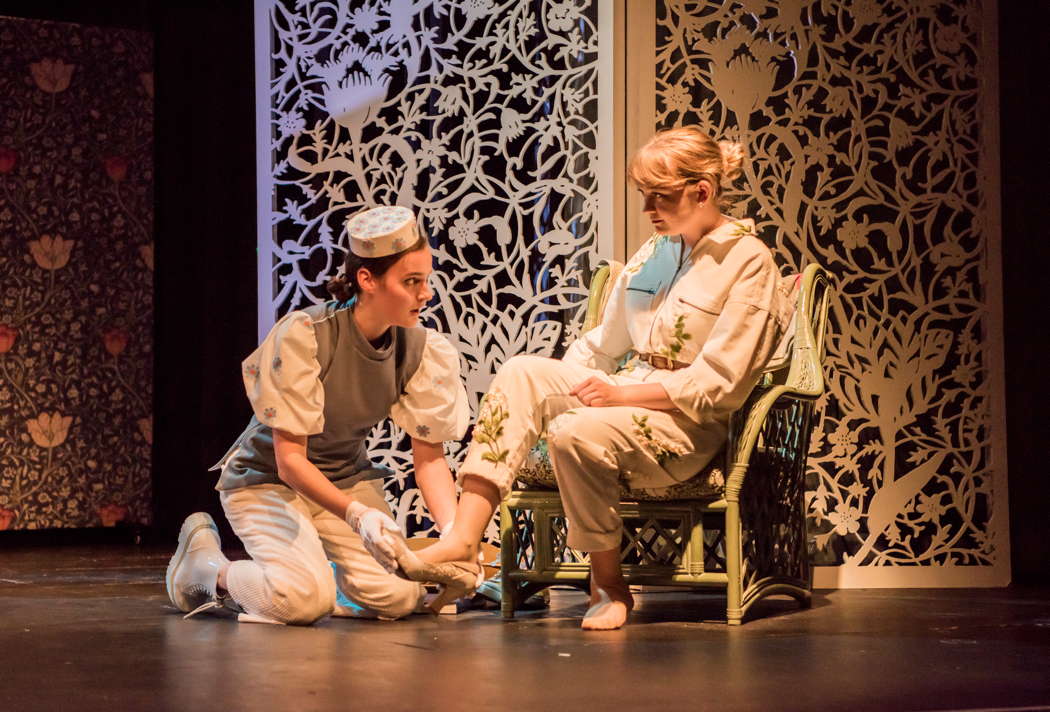- Canadian Opera Company
- Anna Bon di Venezia
- didgeridoo music
- Ruth-Margret Pütz
- EuroArts
- Ray Nowak
- David Whitworth
- Sweelinck: Psalm 150
 DISCUSSION: John Dante Prevedini leads a discussion about Composers, individuals or collective?, including contributions from David Arditti, Halida Dinova, Robert McCarney and Jane Stanley.
DISCUSSION: John Dante Prevedini leads a discussion about Composers, individuals or collective?, including contributions from David Arditti, Halida Dinova, Robert McCarney and Jane Stanley.
 DISCUSSION: What is a work? John Dante Prevedini leads a discussion about The performing artist as co-creator, including contributions from Halida Dinova, Yekaterina Lebedeva, Béla Hartmann, David Arditti and Stephen Francis Vasta.
DISCUSSION: What is a work? John Dante Prevedini leads a discussion about The performing artist as co-creator, including contributions from Halida Dinova, Yekaterina Lebedeva, Béla Hartmann, David Arditti and Stephen Francis Vasta.
Camping it Up?
MIKE WHEELER has some doubts about the Buxton Festival production of Pauline Viardot's opera 'Cendrillon'
Pauline Viardot was a remarkable figure in late nineteenth- and early twentieth-century Parisian culture: singer, singing teacher, composer and hostess of a prominent musical salon. Her compositions include choral works, songs, and a few instrumental pieces.
Conceived as a salon piece, and scored for seven singers and piano, Cendrillon, her short operatic treatment of the Cinderella story, dates from 1904 - Pavilion Arts Centre, Buxton, UK, 12 July 2021. It's based on the same version of the tale that Rossini's La Cenerentola draws on, in which the Prince visits Cendrillon's home in the opening scene, disguised as a beggar, and later swaps identities with his Chamberlain, who arrives to announce the ball, then presides over it.
Viardot's opera is obviously the product of a specific social and cultural environment, and presenting it for a present-day audience needs careful thought. But is camping it up the answer? Not in this production, which didn't seem to know what it was aiming for. Too whimsical for its own good, it was also weighed down by the mannered delivery of the spoken dialogue. The two sisters, Maguelonne and Armelinde – Olivia Carrell and Flora Macdonald – were no more than a pair of twittery airheads, at no time giving any suggestion of treating Cendrillon in a cruel or humiliating way.

From left to right: Flora Macdonald as Armelinde, Camilla Seale as Le Prince Charmant and Olivia Carrell as Maguelonne in Pauline Viardot's Cendrillon at the Buxton Festival. Photo © 2021 Genevieve Girling
Andrew Henley, as the Chamberlain, and Ross Cumming, as Cendrillon's father, resorted to one-dimensional bluster.

Ross Cumming (left) as Cendrillon's father and Andrew Henley as the Chamberlain in Pauline Viardot's Cendrillon at the Buxton Festival. Photo © 2021 Genevieve Girling
You could argue that all this made Camilla Seale's Prince and Nikki Martin's Cendrillon seem more like real people. And indeed, the moment when they recognised each other at the ball was genuinely touching but, sadly, it didn't last. Previously, Martin had seemed remarkably casual about being downtrodden, showing no hint of a reaction, even when she was all alone.

Camilla Seale as Le Prince Charmant (left) and Nikki Martin as Marie/Cendrillon in Pauline Viardot's Cendrillon at the Buxton Festival. Photo © 2021 Genevieve Girling
This production was sung in French, with director Laura Attridge's spoken dialogue in English, together with a somewhat superfluous narration, written and delivered by Pasquale Orchard, as La Fée (the Fairy Godmother). At one point the back wall of the set, decked out in William Morris-style wallpaper, divided to reveal a large circular screen showing the transformations – pumpkin into coach, mice into horses, etc – in shadow-play, using paper cut-outs; a good idea but it needed slicker handling.
Music Director and pianist Iwan Davies held everything together expertly, and there were no weaknesses in the singing. But the staging did Viardot's opera no favours, and I would welcome a chance to re-assess the music in happier circumstances.
Copyright © 8 August 2021
Mike Wheeler,
Derby UK



